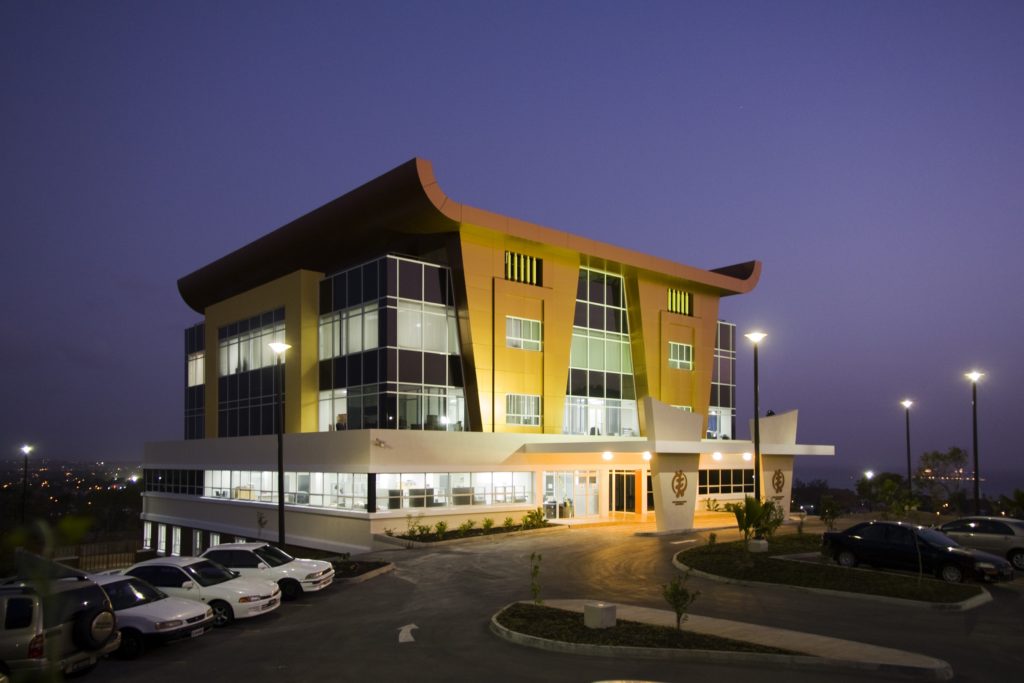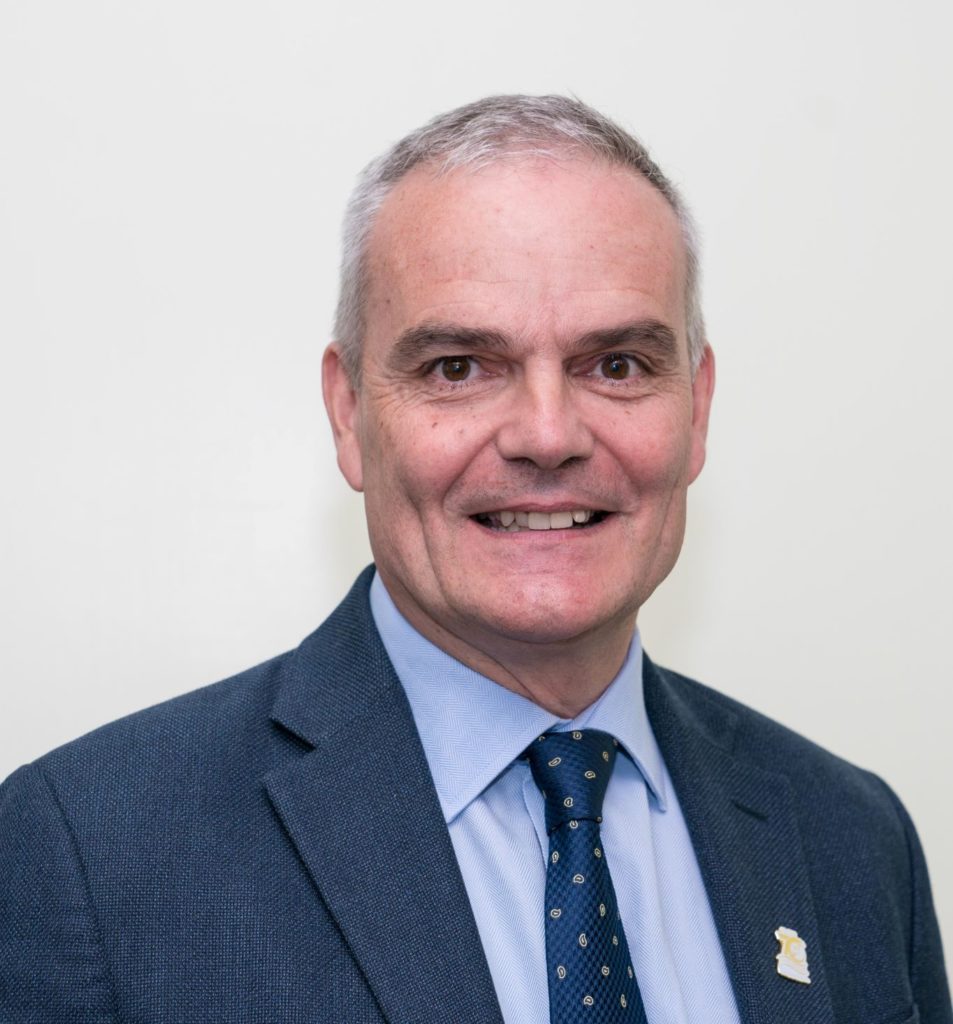

Professor Clive Landis, pro-vice-chancellor of the University of the West Indies (UWI) Cave Hill campus, says the Barbados-based institution will chart a new future, targeting more international students.
The newly appointed UWI principal, speaking at today’s (March 11) annual council meeting, said that it is important that Cave Hill satisfies its operational overheads by thinking outside the box to reach its target of BDS$25 million per annum.
Acknowledging the current system in which Caribbean governments provide a subsidy to native students, Landis argued that another revenue option would be through international students, and, in the process, would also address efforts at greater student diversity.
“In the coming years, it’s evident that we have to identify new revenue streams so that we’re not as dependent on government funding as a university. For the Cave Hill campus, the main pillars by which we will do that is to recruit more international students from outside the region and through innovation,” Landis advised.
“This is the UWI-wide strategy from 2022-2027,” he added.
Going further, Landis was of the view that Cave Hill fits perfectly into Barbados’ National Strategic Plan 2006-2025, which envisages the newest republic as “a fully developed society that is prosperous, socially just and globally competitive”.
“We want to be a part of that vision and in that National Strategic Plan, the place that we fit in very clearly is under Objective 5: ‘We must exploit every opportunity for the export of services’,” the Cave Hill pro-vice-chancellor noted.
In his analysis, Landis said that Cave Hill has consistently done very well in the “generation of new knowledge” and wants that expertise repurposed into creating value for society.
“There are four basic ways that knowledge can be transferred to create value for societies: through our graduates, our publications, our outreach and our innovations,” argued Landis.
“So if we go through our students, we’re certainly generating skilled graduates among our Caribbean students. We’re not attracting sufficient international students and that’s a shame because we are missing out on the diversity [those] students can bring, the collaboration with other countries [and] universities but we’re also missing out on dollars,” he told the annual council.
Similar to other campuses of the regional university, Cave Hill will also be exploring a hybrid learning formality as the negative effects of the coronavirus (COVID-19) pandemic continue to wane.
Landis explained, however, that before the pandemic, Cave Hill was delivering 15 per cent of its classes online, which has since increased. A current figure was not outlined but the Cave Hill principal said that the campus was successful in managing its over 5,000 students safely.
Principal of the Cave Hill campus as of August 2021, Landis conceded that since 2014—when The UWI began a new policy directive—student enrollment levels continue to steadily improve.
“In 2014, when students were asked to cover their own tuition costs…this had a dramatic and immediate impact on student enrollment. It was an extremely difficult time for the [Cave Hill] campus; our student enrollment fell by 40 per cent from peak to trough and we wondered if we would survive as a university, or even, if we did survive, [whether] we would be serving all of our students who matriculate to the university,” Landis contended.
“The situation has improved, bottomed out in 2017, and what you can see [is that] when the tuition fee policy was reversed that had a very beneficial effect on our student enrollment,” he added.
Administrators were worried that enrollment levels would have further nosedived amid a ‘triple whammy’ of the COVID-19 pandemic in 2020, as well as Hurricane Elsa and ashfall from La Soufrière in 2021.
Thankfully, according to Landis, Cave Hill managed to grow its student population.
Responding to questions from Our Today, Landis acknowledged that The UWI’s thrust is essential and while universities jostle for international dollars to stay viable, the Caribbean has something many other regions don’t.

According to him, as a major tourist destination with many cultural pulls on respective islands, the Caribbean should market itself as an educational hub to offer a more ‘complete experience’ for prospective out-of-region students.
“The [UWI] leadership recognises international student recruitment is particularly important because it’s a way in which we can derive income relatively quickly right out of our core business: teaching and learning,” he posited.
“And the ‘art’, if you want, is how to penetrate that very competitive international market? But certainly, as a university, we have decided that pursuing the recruitment of international students is a joint strategy,” Landis suggested.
Landis told Our Today that The UWI can approach this in two ways, through face-to-face classes, as each campus boasts slightly different attractions and through a joint effort of online learning, which the campuses will market collectively.
“So we (Cave Hill) might have some of the cricketing treasures, Mona might have reggae studies and things like that. The attractions for face-to-face might vary from campus and we each would leverage what we have but, in terms of The UWI Global Online [Initiative], penetrating the online learning space we will do together as one university, one entity,” he said.







Comments